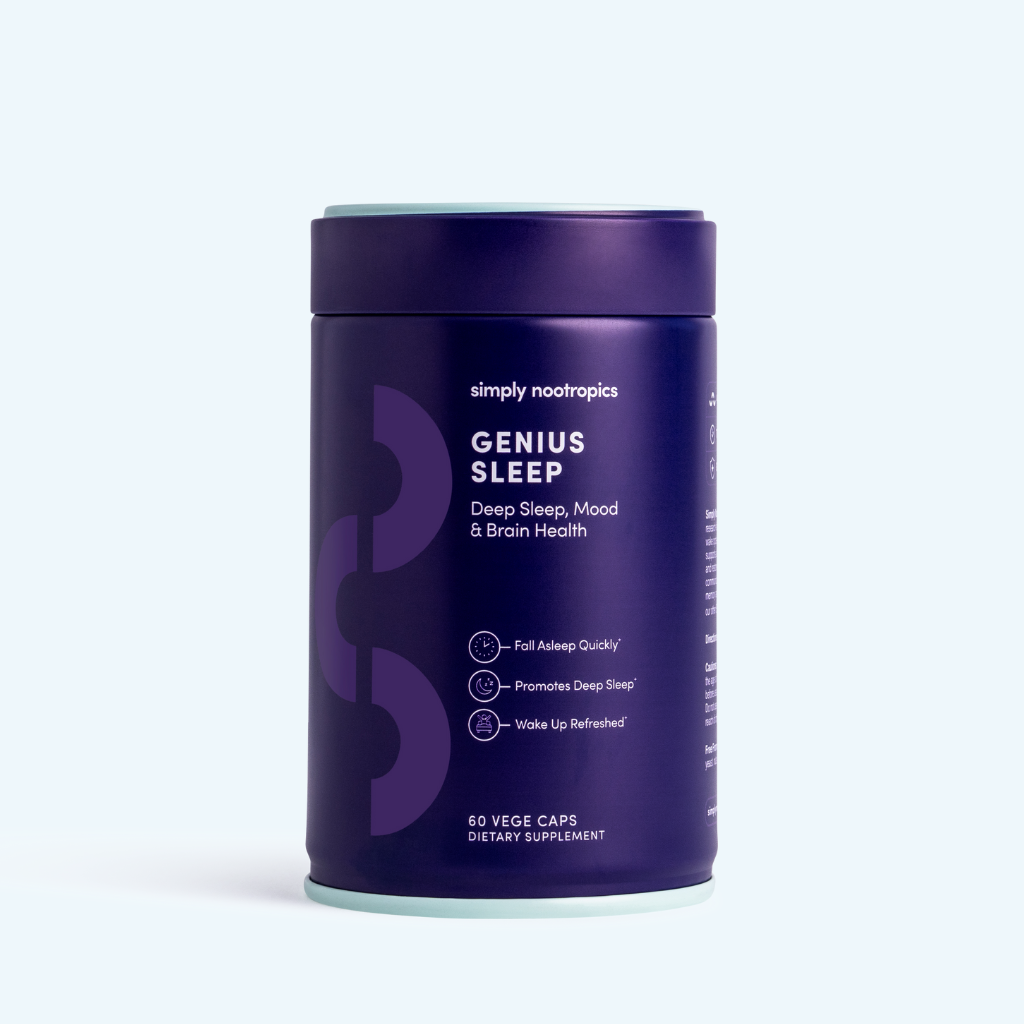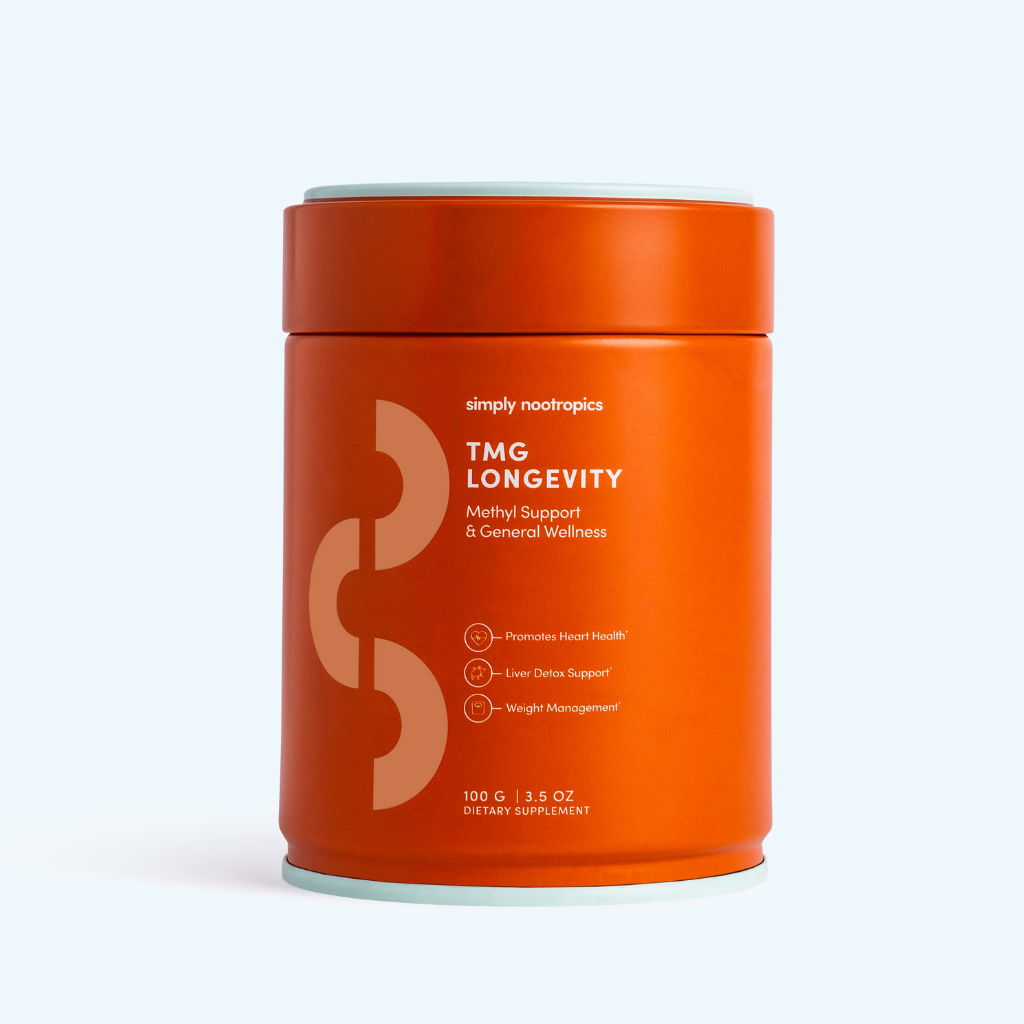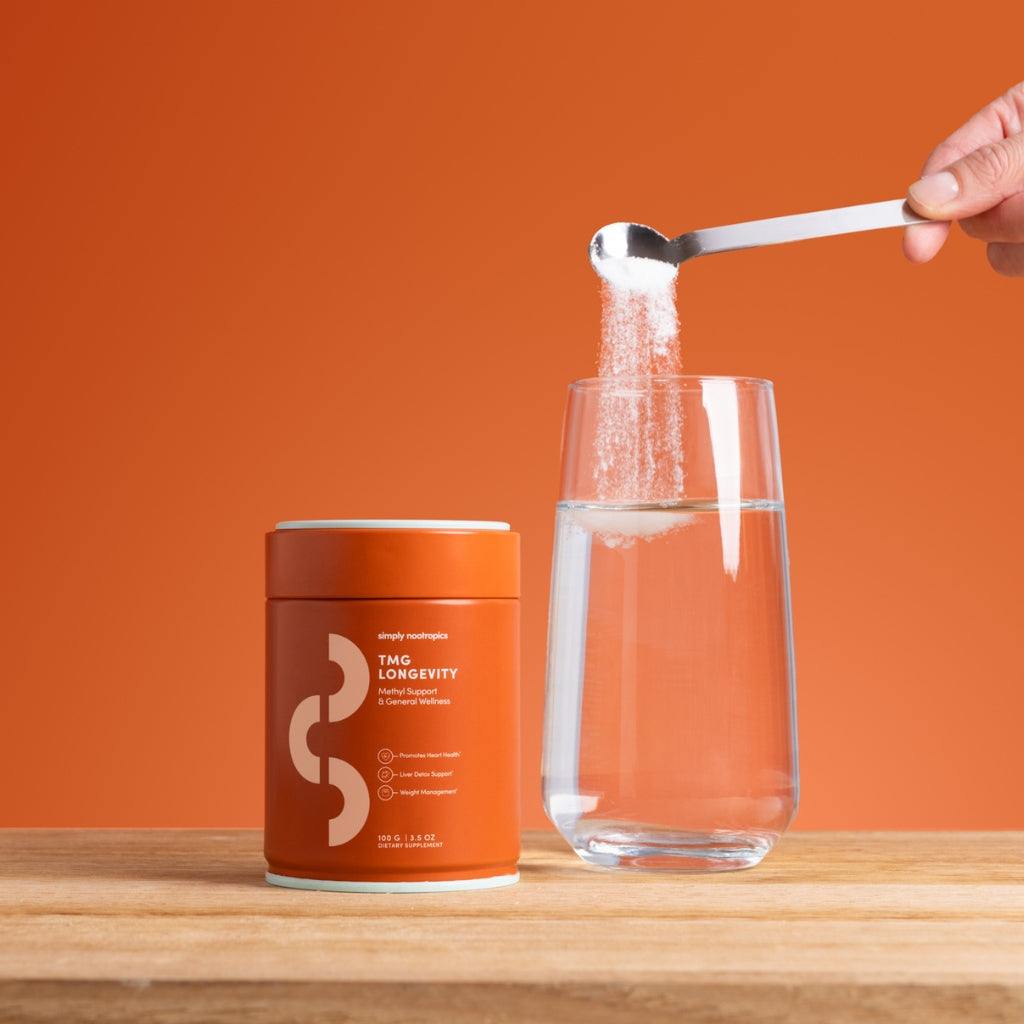Genetic mutations are more common than you might think; actually, every person has numerous mutations, with an average of 60 new mutations appearing in each generation. It might sound as a scary word, but a genetic mutation simply implies a change in the DNA sequence, which can impact everything from eye colour to disease susceptibility. In fact, you might even appreciate some of your mutations. Take the Lactase Persistence mutation, for example—thanks to this genetic mutation, you can enjoy that delicious fondue without a problem, long after the weaning years are behind you.
Unfortunately, many others are not that positive at all. The MTHFR mutation is one such example, influencing various biological processes and potentially contributing to a range of health problems, like an increased risk of cardiovascular diseases, neurological issues, and more.
There's been a lot more talk about this mutation lately, with celebrities openly discussing their experiences with it. For example, TV personality and health advocate Jillian Michaels has spoken publicly about her struggles with the MTHFR DNA mutation, highlighting the importance of personalised healthcare and the potential impact of genetic factors on well-being.
However, there seems to be some good news too. New research suggests that certain supplements, like Trimethylglycine (TMG) and Nicotinamide Mononucleotide (NMN), might help mitigate some of the challenges associated with this mutation. By understanding the MTHFR gene mutation and the role of these supplements in MTHFR treatment, we can better manage its effects and improve overall health.
What is the MTHFR Gene Mutation?
The MTHFR gene gives instructions for making an enzyme that helps process amino acids, which are the building blocks of proteins. This enzyme is especially important for converting homocysteine, an amino acid, into methionine, another amino acid essential for many body functions.
There are several known mutations of the MTHFR gene, with the most common being C677T and A1298C. People with this MTHFR defect may have trouble converting homocysteine to methionine, leading to high levels of homocysteine in the blood. High homocysteine levels are linked to an increased risk of heart disease, certain cancers, and neurological problems.
The prevalence of MTHFR mutations varies across different populations. It is estimated that about 30-50% of the global population carries one or more MTHFR mutations, which means that a significant portion of the population may have the MTHFR DNA mutation, potentially impacting their health in various ways.
Health Implications of the MTHFR DNA Mutation
People with the MTHFR DNA mutation may experience various health issues, including:
- Cardiovascular Problems: elevated homocysteine levels can damage blood vessels, leading to an increased risk of heart disease and stroke. Research has shown that this is an independent risk factor for cardiovascular diseases .
- Neurological Issues: high homocysteine levels are also linked to neurodegenerative diseases like Alzheimer’s and can contribute to mental health disorders such as depression and anxiety .
- Reproductive Challenges: according to research, women with MTHFR DNA mutation may have a higher risk of miscarriages and complications during pregnancy .
- Metabolic Problems: the mutation can affect folate metabolism, which is essential for DNA synthesis and repair.
Because these symptoms can be so varied, it's important to consult with your healthcare provider and consider a genetic test if you suspect you might have an MTHFR mutation.
How TMG Can Help
Trimethylglycine, also known as betaine, is a compound found in foods like beets, spinach, and whole grains. TMG provides methyl groups needed for various biochemical reactions in the body. One important role of TMG is to help convert homocysteine into methionine, which lowers homocysteine levels in the blood.
Research shows that TMG supplements can effectively lower homocysteine levels. A study published in the National Library of Medicine found that TMG significantly reduced plasma homocysteine concentrations in healthy people. By supporting this conversion process, TMG helps reduce the cardiovascular and neurological risks associated with high homocysteine, becoming an effective element in MTHFR treatment. Additionally, TMG supports liver function and promotes overall metabolic health.
The Role of NMN
Nicotinamide Mononucleotide (NMN) is a NAD+ precursor supplement. NAD+ is a critical coenzyme found in every cell of the body, essential for energy metabolism, DNA repair, and cell survival. As we age, NAD+ levels unfortunately decline, contributing to various age-related diseases and conditions.
For individuals with MTHFR mutations, this NAD+ precursor supplement offers several potential benefits:
- Enhanced DNA Repair: increased NAD+ levels support the repair of DNA damage, which is especially important for those with impaired folate metabolism due to MTHFR mutations.
- Improved Energy Metabolism: NAD+ is crucial for cellular energy production, helping to combat fatigue and other metabolic issues.
- Neuroprotection: NMN supports brain health and may protect against neurodegenerative diseases by maintaining optimal NAD+ levels.
Effects of TMG and NMN Combined
While TMG and NMN each offer unique benefits, their combined use may provide synergistic effects for individuals with MTHFR mutations. By simultaneously lowering homocysteine levels and boosting NAD+ production, these supplements can address multiple aspects of the health challenges associated with the mutation. That’s why considering Simply Nootropics TMG Powder and NMN Powder is a great choice for supporting your overall health and managing the impacts of the MTHFR DNA mutation. Here’s some more tips for managing the MTHFR gene mutation:
- Consume a diet rich in folate (found in leafy greens, legumes, and fortified cereals) rather than folic acid. Folate is more easily processed by those with the MTHFR DNA mutation.
- Regularly monitor homocysteine levels through blood tests to manage and adjust your supplement regimen as necessary.
- Engage in regular physical activity, manage stress through mindfulness practices or therapy, and avoid smoking and excessive alcohol consumption.
- In addition to TMG and NMN, consider taking other supplements like methylated B vitamins (e.g., methylcobalamin and methylfolate) to help methylation processes.
- Work with healthcare professionals who understand the complexities of MTHFR mutations to create a personalised health plan.
Although the MTHFR DNA mutation can bring some health challenges, understanding its effects can make a big difference. One thing you can do today is add TMG and NMN to your wellness routine to help counteract the negative impacts of this mutation. And remember, Simply Nootropics is here not just to give you advice but to offer the best products to ensure nothing holds you back!















